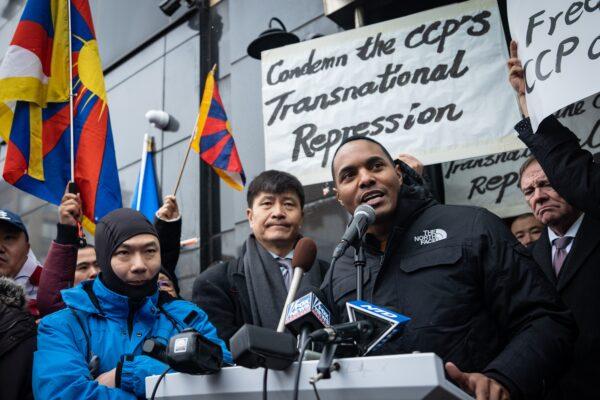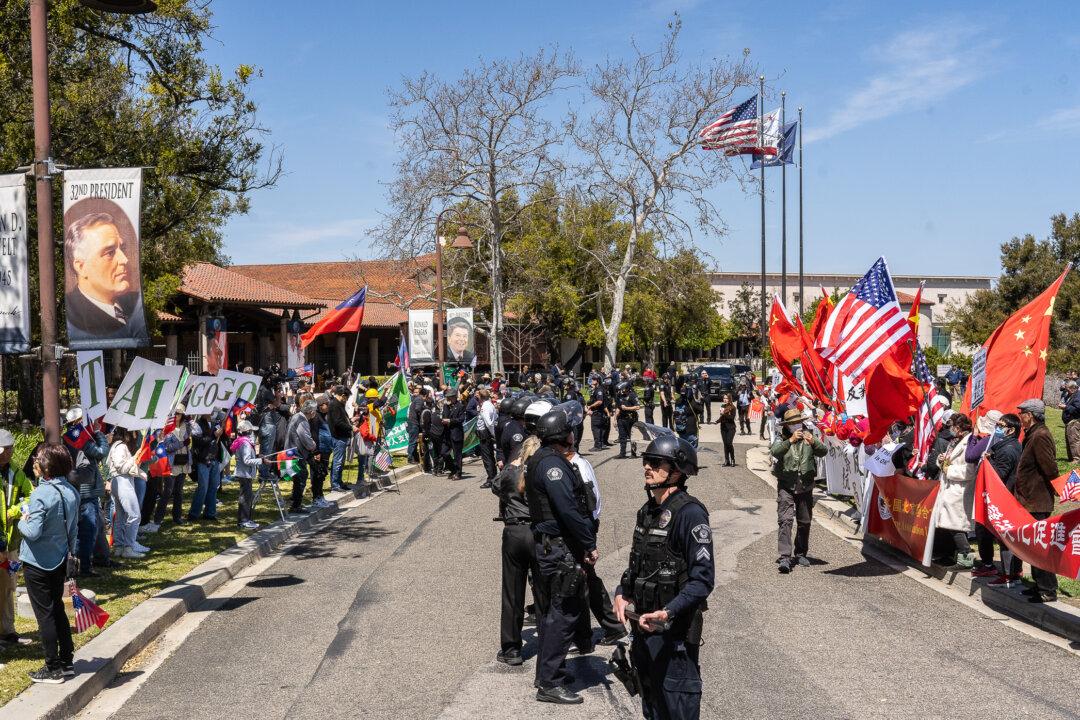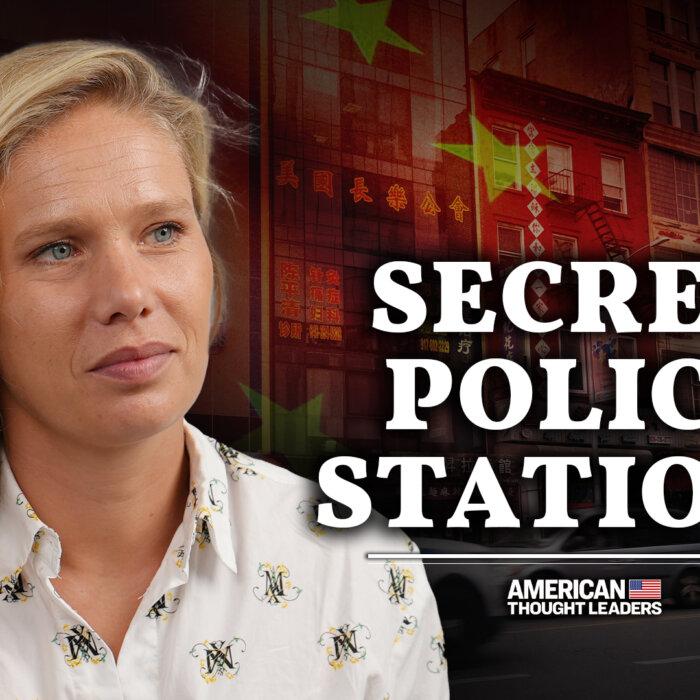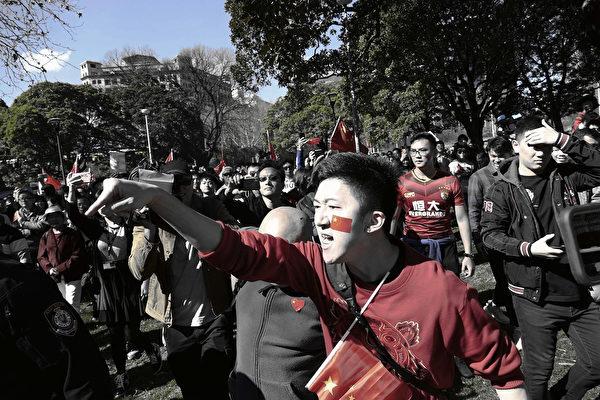Human rights advocates who spoke to The Epoch Times expressed concern about how these entities could pose threats to overseas dissidents and the national security of the host countries.
The “consular volunteers” collaborate with the United Front Work Department (UFWD)—an entity that engages in espionage—collecting information on individuals targeted by Beijing and assisting the Chinese Communist Party (CCP) in manipulating overseas communities and suppressing dissenters, according to the report published on Nov. 21.
A Decade of Illicit Activities
Safeguard Defenders’ new report revealed that for at least a decade, Chinese embassies and consulates have been running networks of “consular volunteers” without disclosing their activities in the host nations. These networks were officially formalized through a State Council decree that took effect on Sept. 1.The report pointed out that “the network runs through United Front-linked associations and individuals and shows the involvement of the Overseas Chinese Affairs Office,” adding that the office was labeled an “entity that engages in espionage and acts contrary to Canada’s interests” by the Federal Canadian Court in 2022. The Overseas Chinese Affairs Office is “an external name used for the CCP’s United Front Work Department,” the report said.
“More so even in circumstances where individuals are—rightfully—fearful of visiting official consular outposts as the PRC ramps up its transnational repression efforts.”
In communist China, the issuance of passports and other documents, such as entry visas, are heavily politicized and frequently used as an instrument of control and leverage over targeted individuals living abroad, for example, to ensure they conform to Party diktats, comply with requests to act as informants within the community, or coerce them into returning to China, according to the report.
‘CCP Spies’
Human rights advocates shared their concerns with the Chinese language edition of The Epoch Times regarding “consular volunteers.”Lai Jianping, a former Chinese lawyer and a current affairs commentator, described the “consular volunteers” as “CCP spies.”
“They conduct the CCP’s transnational suppression of overseas compatriots and interfere in the domestic affairs of the host country,” he said.
Mr. Lai believes these so-called consular volunteers are useful during elections; they organize activities to influence voters to support pro-CCP candidates and influence lawmakers through various pro-communist organizations.
“Given the covert nature of these activities, gathering on-site evidence proves challenging,” he said, adding that the CCP could discreetly direct a diaspora group to provide financial support to a particular candidate.
‘Extension of the CCP’s Jurisdiction’
Wu Shaoping, a human rights lawyer now residing in New York, sees the “consular volunteers” as “an indirect extension of the CCP’s jurisdiction.”“Acts of cross-border repression are typically linked to powerful CCP departments, like public security and national security. However, ‘consular volunteers’ are essentially formed through diplomatic channels, connected to the CCP’s united front organizations, taking a different route,” said Mr. Wu.
He warned that the victims are not just overseas Chinese but also foreigners who travel to China for business or tourism. This network will allow the CCP to collect information on these individuals. If these foreigners have expressed anti-CCP views, Beijing may deny them visas or sever their economic and trade ties with China.
“This is highly alarming,” he added.

‘Fostering Division’
Sheng Xue, former vice-chairman of the Federation for a Democratic China (FDC), told The Epoch Times the “consular volunteers” could serve as “a potent centrifugal force within the local democratic society, fostering division and undermining democratic nations.”According to Ms. Sheng, Beijing has tirelessly worked to attract and leverage overseas Chinese as undercover agents and informants, and “these individuals perceive themselves as valuable to the CCP and, concurrently, seek to secure benefits from the regime.”
The network of “consular volunteers” becomes a mechanism to intimidate and instill fear among the Chinese diaspora, according to Ms. Sheng.
Furthermore, she said that most of the Chinese nationals living abroad do not truly understand and appreciate their newfound freedom.
“Even though they reside in democratic nations, inside their hearts, they are constrained by the authoritarian rule of the CCP,” she said.
Ms. Sheng cited Canada as an example, saying that there are about 1.8 million Chinese residents in the country, and the CCP controls a significant number of Chinese communities through consulates and affiliated groups, such as community organizations. Together, they can “play a divisive role in the local society,” she added.
“The CCP may have offered compensation or business opportunities. Otherwise, few would risk violating the laws of the host country or even engaging in unlawful activities,” he said.






